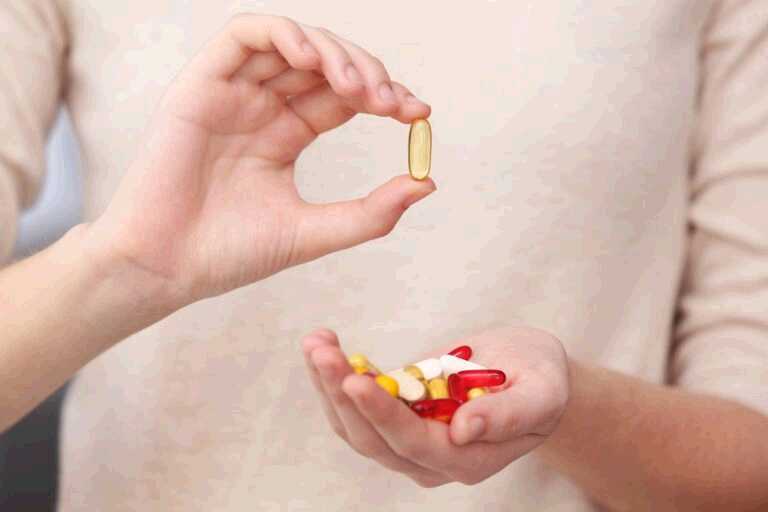
Have you ever wondered if the food you eat provides you with all the vitamins and minerals your body needs to thrive?
As it turns out, when you have diabetes, you are more prone to becoming deficient in certain vitamins and minerals.
Why? This is because diabetes can deplete the body of specific vitamins and even includes electrolytes.
One particular vitamin that comes into play is vitamin B-1.
The Importance of Vitamin B-1

Vitamin B-1, also known as thiamine is an important, vitamin and even more so for those with diabetes.
People with diabetes tend not to get enough B-1 since they are more likely to excrete B-1 via the kidneys as opposed to holding onto it.
The result? B-1 vitamin deficiency.
In fact, a research study from the Department of Biological Sciences found that participants with diabetes had significantly lower amounts of vitamin B-1 in blood results.
The participants with diabetes had a whopping 76% and 75% lower levels than those who were not diabetic.
So, what’s the big deal about getting enough B-1 anyways? Why is it so important?
Vitamin B-1 is required for maintaining the health of our blood vessels. When we don’t have enough, we are at risk for inflammation within the vessel.
Not having enough of this particular B vitamin could also result in issues with the lining of the blood vessel itself.
How to Get Enough B-1
When it comes to making sure you are getting enough B-1, the best thing is to focus on foods rich in this group of vitamins.
You can also look into supplementation if approved by your physician. However, you will likely want to look into supplementing with a B-complex vitamin as all the B-vitamins work in conjunction with one another, and taking too much of one could cause an imbalance in another.
Food Sources
If you wanted to start by increasing your B-vitamin rich foods, here are some foods to focus on getting into your diet:
- Poultry
- Eggs
- Fish
- Peas
- Bananas
- Whole grains
Food sources are always best as they are better absorbed in the body, and you can help restore other vitamin and mineral stores at the same time when you focus on healthy food options.
An important step for diabetics is to ask their physicians for routine blood work to assess for vitamin deficiencies.
If you can catch these deficiencies before they get out of control, you can easily remedy them with dietary and supplemental changes.
Take preventative steps now to make a lasting change on your health in the future.
References
